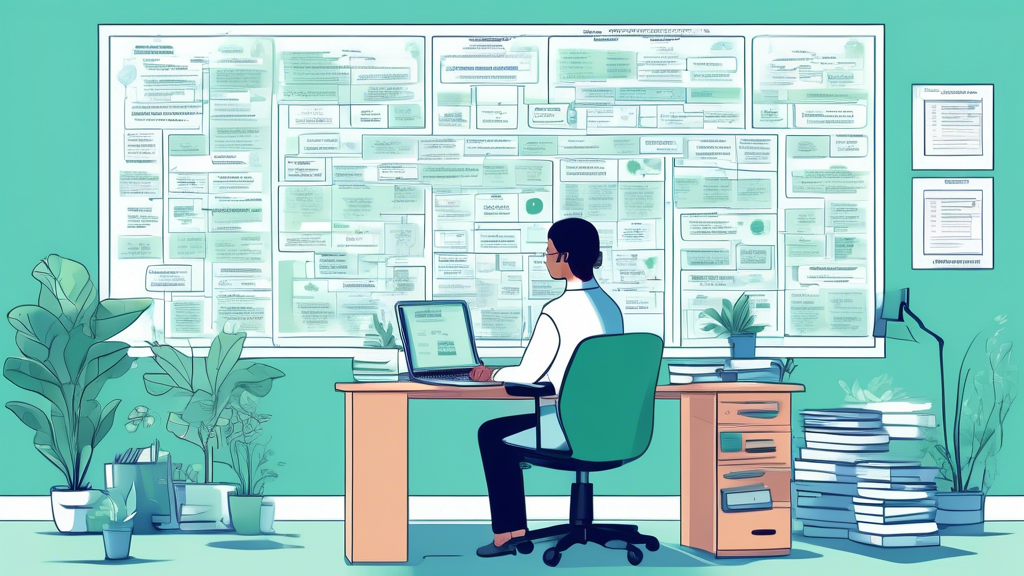Welcome to a crucial discussion tailored for mental health professionals looking toward enhancing their practice efficiency. In collaboration with CBM Medical Management, backed by 40 years in revenue cycle management and practice start-up, we bring you ten indispensable tips for effective credentialing—a cornerstone in building a lucrative mental health practice.
Understanding Credentialing: Why is it Crucial?
Credentialing is the process by which healthcare providers are formally recognized as members of medical teams, enabling them to bill insurance and ensuring that they meet the standards set by insurers and regulatory bodies. This meticulous process not only legitimizes a professional in the healthcare sector but also builds foundational trust with patients and insurance networks.
1. Start Early
The credentialing process can be lengthy, sometimes taking up to six months. Starting early helps avoid gaps in provider approval, ensuring seamless service provision and billing. How early have you begun planning your credentialing process?
2. Maintain Organized and Current Documentation
Keeping documents up-to-date and readily available is crucial. These documents often include educational qualifications, licenses, certifications, and work history. When was the last time you updated your professional portfolio?
3. Understand Specific Requirements of Each Insurer
Every insurance provider may have different criteria for credentialing. Understanding these specific requirements is key to a smooth credentialing process. Are you familiar with the intricacies of the insurers you’re dealing with?
4. Utilize Technology
Efficient credentialing can greatly benefit from specialized software that helps track statuses, deadlines, and compliance requirements. Have you integrated technology into your credentialing processes?
5. Regularly Follow Up
Credentialing involves various stakeholders and can often get delayed due to minor issues. Regular follow-ups can ensure that your application doesn’t sit too long in someone else’s queue. How often do you check the status of your applications?
6. Keep an Eye on Expiration Dates
Credentials do not last forever. Licenses, certifications, and insurance contracts need to be renewed. Proactive monitoring of expiration dates avoids last-minute rushes and potential service interruptions. Is your renewal calendar up to date?
7. Network with Peers
Networking with other mental health professionals can provide insights and tips on navigating the credentialing processes of different insurers. When was the last time you joined a peer discussion on credentialing?
8. Understand State and Federal Regulations
Staying compliant with regulations not only ensures the validity of your credentials but also protects your practice legally. Are you well-versed in the current regulations affecting your practice?
9. Invest in Training
Ensuring that your administrative staff is knowledgeable about the credentialing process can enhance efficiency. Consider regular training sessions on the latest credentialing practices and technologies. Have you scheduled training for your team this year?
10. Seek Professional Help
When in doubt, seeking expert advice can prevent costly mistakes. Professional credentialing services can offer not just guidance but also take on the heavy lifting of the credentialing process. Have you considered enlisting professional help?
Conclusion
Effective credentialing is a substantial endeavor, but with these ten tips, mental health professionals can streamline their credentialing process, minimize delays, and focus more on providing quality care to their patients. Each step enhances the potential for harnessing positive outcomes in professional recognition, billing efficiency, and overall practice success. What next steps will you take to improve your credentialing strategy?


